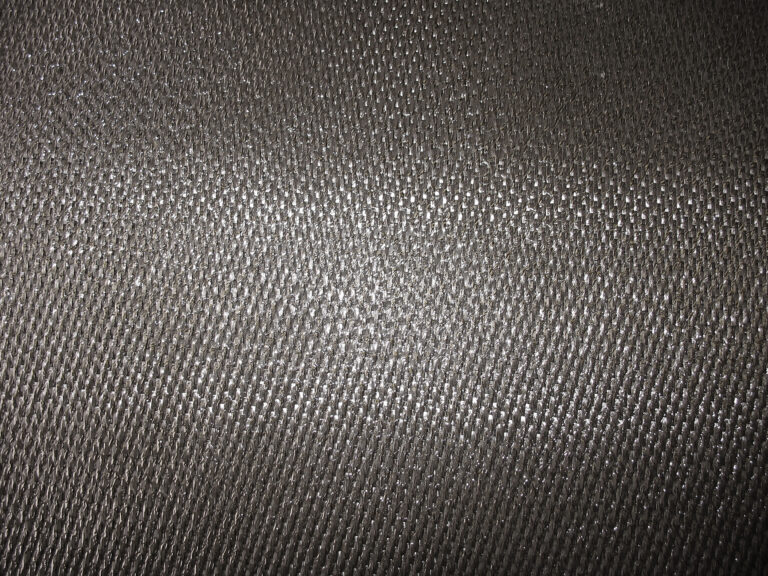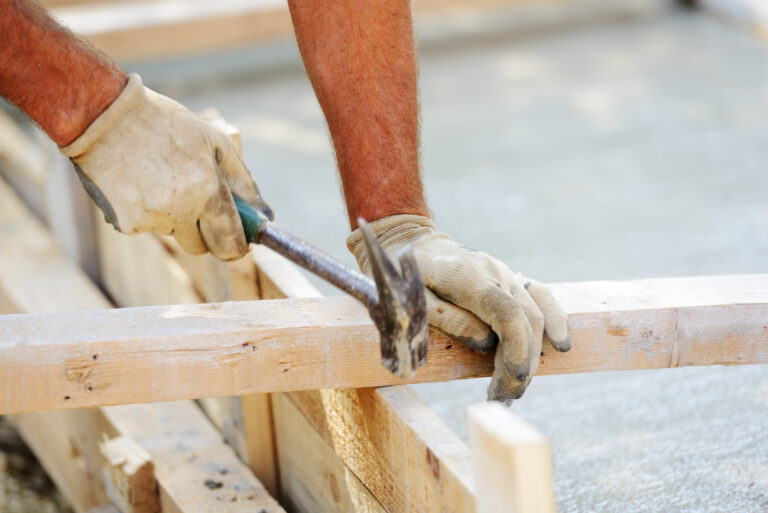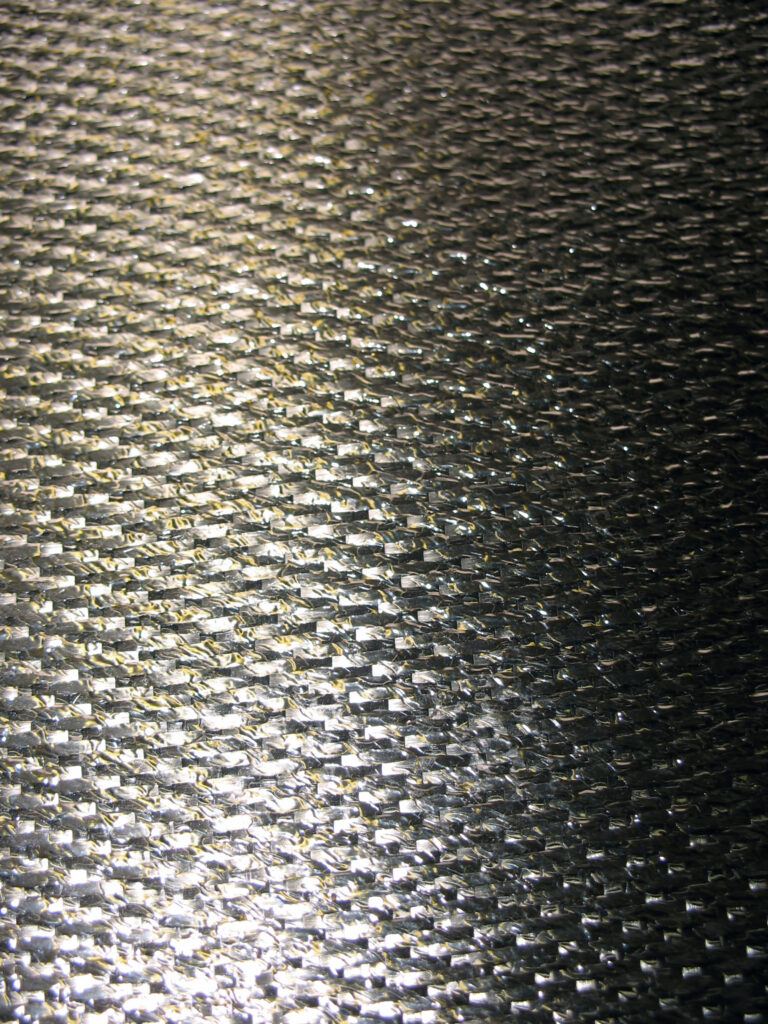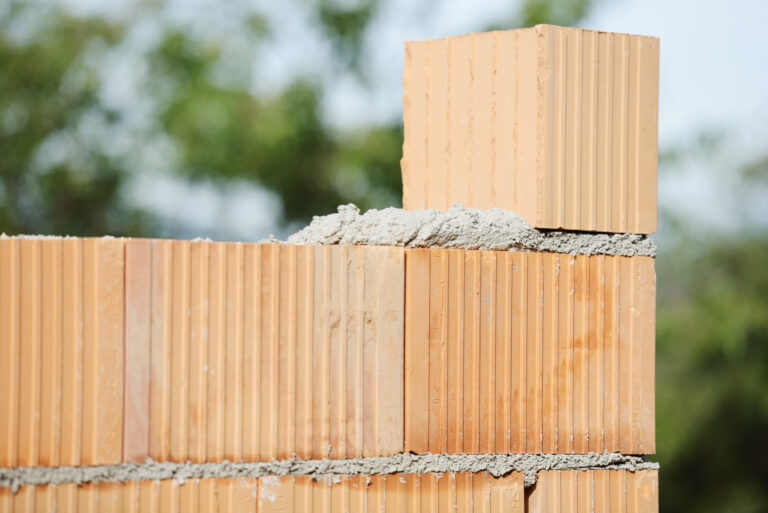Is Mold Making You Sick? Common Signs and Symptoms, Plus Natural Remedies That Work
Mold is a type of fungus that grows in damp or wet areas. It can be found both indoors and outdoors, and it thrives in humid environments such as bathrooms, kitchens, basements, and attics. While mold may not seem like a big deal at first glance, exposure to mold can have serious health consequences. In this article, we will explore the common signs and symptoms of mold exposure, the natural remedies that work, and how you can prevent mold growth in your home.
Introduction to Mold and Its Health Effects
Exposure to mold can cause a range of health problems, including respiratory issues, skin irritation, headaches, fatigue, and even neurological disorders. People with weakened immune systems, allergies, asthma, or other chronic conditions are particularly vulnerable to the effects of mold exposure. The most common sign of mold exposure is respiratory distress, which can include coughing, wheezing, shortness of breath, and chest tightness. Skin rashes and eye irritation are also common symptoms of mold exposure.

Common Signs and Symptoms of Mold Exposure
If you suspect that you may have been exposed to mold, there are several signs and symptoms to look for:
Respiratory difficulties, including coughing, wheezing, and shortness of breath
Skin rashes or irritation
Eye irritation or redness
Headaches or migraines
Fatigue or lethargy
Neurological symptoms, such as memory loss or difficulty concentrating
The Dangers of Long-Term Mold Exposure
While short-term exposure to mold can cause unpleasant symptoms, long-term exposure can lead to more severe health problems. Over time, exposure to mold can damage the lungs, leading to chronic obstructive pulmonary disease (COPD) or bronchitis. It can also exacerbate existing respiratory conditions, such as asthma or allergies. Additionally, mold exposure has been linked to an increased risk of developing certain types of cancer, including lung cancer and breast cancer.
Natural Remedies for Mold Exposure
There are several natural remedies that can help alleviate the symptoms of mold exposure:
1. Essential oils – Lavender oil, tea tree oil, and peppermint oil have antifungal properties and can help reduce inflammation and congestion.
2. Probiotics – Taking probiotics can help support gut health and boost the immune system, which can improve overall health and wellbeing.
3. Vitamin C – Vitamin C is an antioxidant that can help protect against free radical damage caused by mold exposure.
4. Chlorella – This superfood contains high levels of chlorophyll, which can help detoxify the body and remove heavy metals and chemicals from the bloodstream.
How to Prevent Mold Growth in Your Home
To prevent mold growth in your home, follow these tips:
1. Keep your home dry – Make sure your home is properly ventilated and avoid excess moisture, especially in damp areas like the kitchen and bathroom.
2. Fix any water leaks – Leaky pipes or roofs can create ideal conditions for mold growth, so make sure to fix any leaks promptly.
3. Use mold-resistant materials – When renovating or building a new home, consider using mold-resistant materials, such as tile instead of carpet.
Conclusion: Taking Action Against Mold
In conclusion, if you suspect that you’ve been exposed to mold, take action immediately. Identify the source of the mold and eliminate it from your environment. Seek medical attention if necessary, and try natural remedies to alleviate your symptoms. Finally, take steps to prevent future mold growth in your home to ensure a safe and healthy living space.





